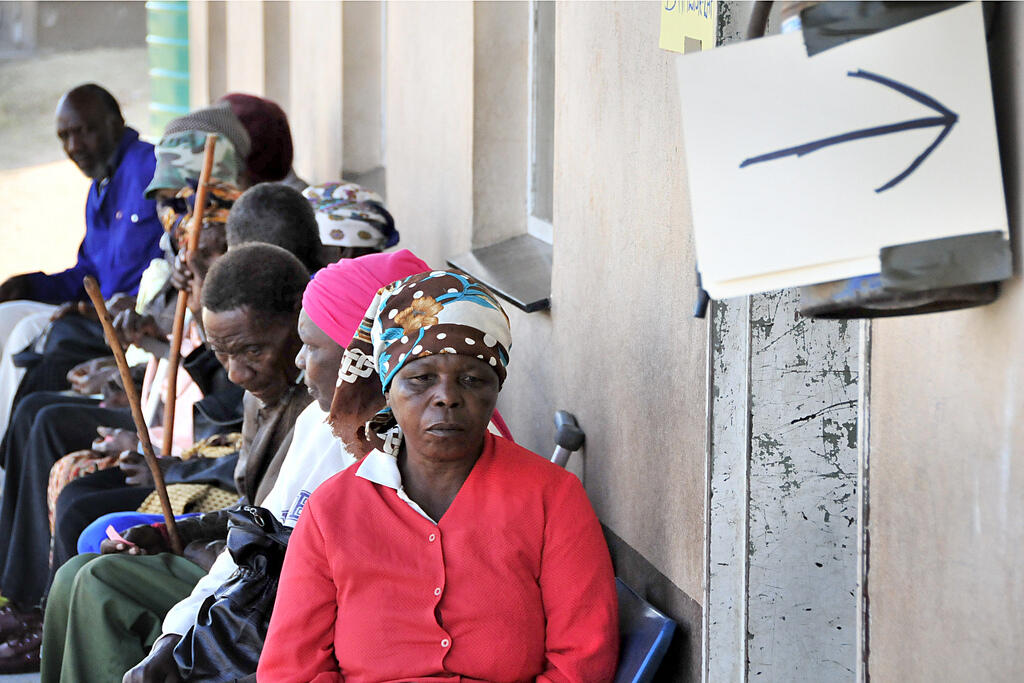
Does giving people with TB money for bus fares help ensure they complete treatment? Giving reimbursements, food vouchers or food might, and recently the Cochrane Infectious Diseases Group (CIDG), have published an updated review to examine this question. This updated review adds to a suite of reviews carried out over the last 12 months evaluating interventions to promote the adherence to treatment for the disease.
The World Health Organization (WHO) currently recommends that people with TB are treated for at least six months to achieve cure. These long durations of treatment can be difficult for patients to complete, especially once they are well and need to return to work. Failure to complete treatment can lead to relapse and even death in individuals, and also has important public health consequences, such as increased TB transmission and the development of drug resistance. Previous reviews undertaken by the CIDG have looked at directly observed therapy (DOTs) and the use of reminder systems in encouraging people to attend appointments and complete treatment.
This latest review has examined the effectiveness of material incentives and enablers, such as financial rewards and the removal of economic barriers by reimbursing travel costs, to encourage those undergoing diagnostic testing or receiving prophylactic or curative treatment to complete their course of treatment. The team of independent editors searched all available data up until June 2015 and included 12 randomized control trials in their updated review.
The authors concluded that while material incentives and enablers may have some positive short term effects on clinic attendance, they may have little or no effect on improving the outcomes of patients on treatment for active TB. However they found that there was insufficient evidence to understand how they may improve long term adherence to treatment, and concluded that further trials of alternative incentives and enablers were needed.
LSTM’s Professor Paul Garner, Co-ordinating Editor of CIDG, said: “TB remains an important health problem and the development of drug resistance means that understanding the problems with adherence is vital. The systematic reviews carried out by CIDG are providing an evidence base on which policy makers can assess the impact of an intervention and make informed decisions about its likely success.”
The Cochrane Infectious Diseases Group has been in operation since 1994. With over 600 authors from 52 countries it is led by Professor Paul Garner and its editorial base is located at LSTM.
http://onlinelibrary.wiley.com/enhanced/doi/10.1002/14651858.CD007952.pub3